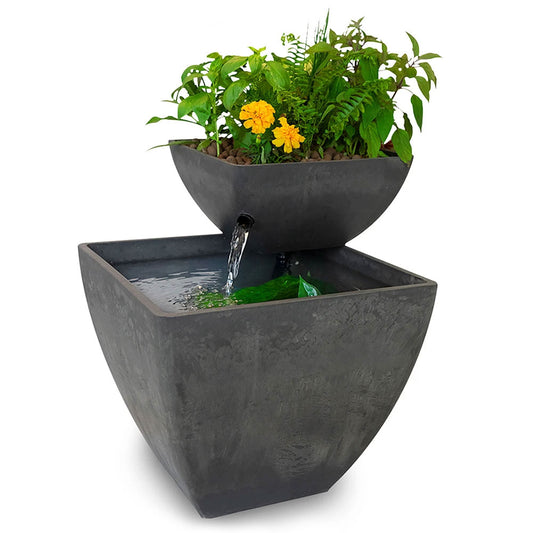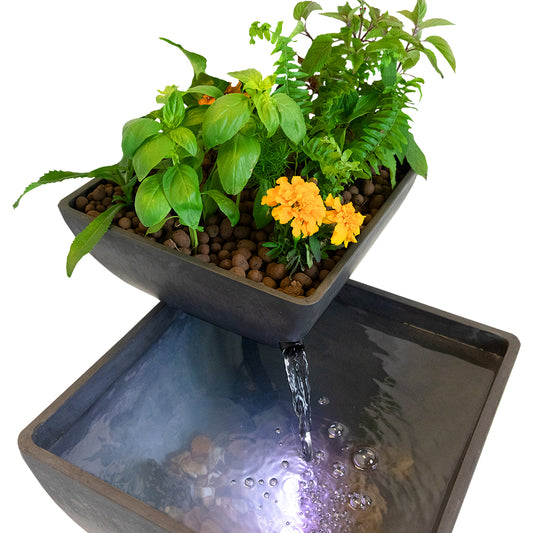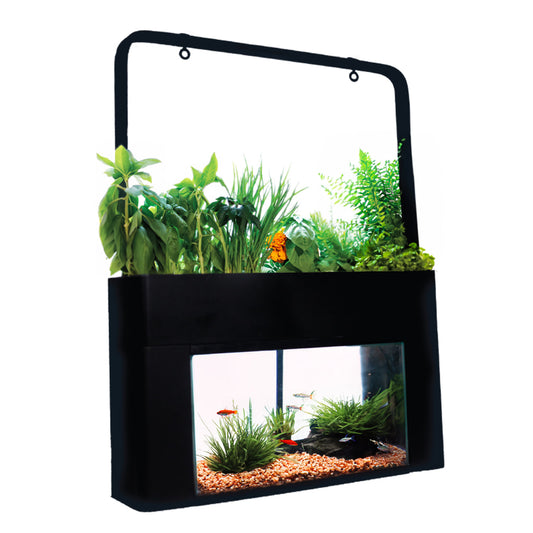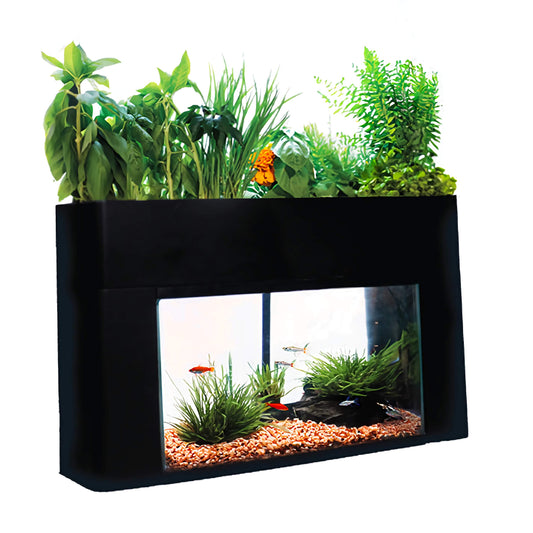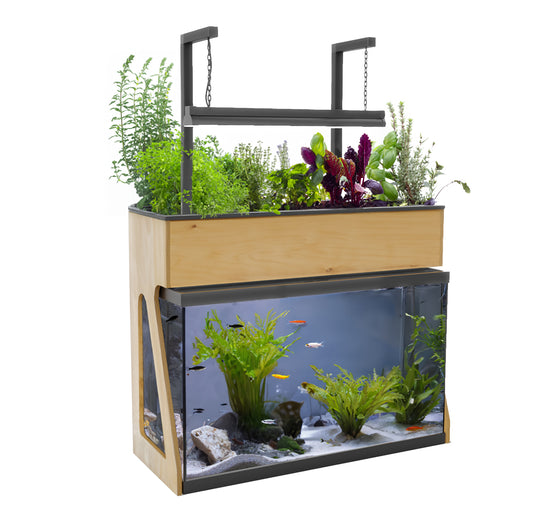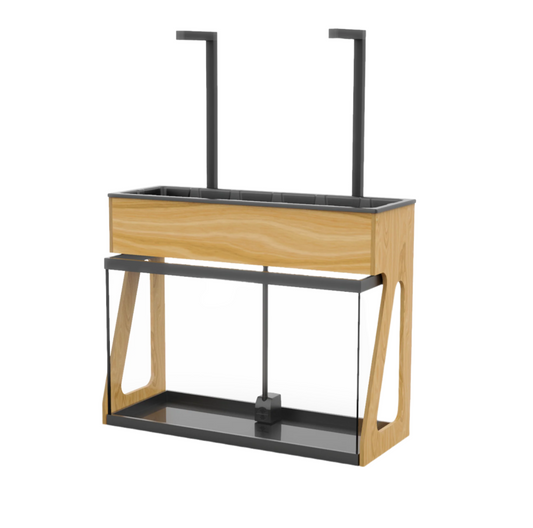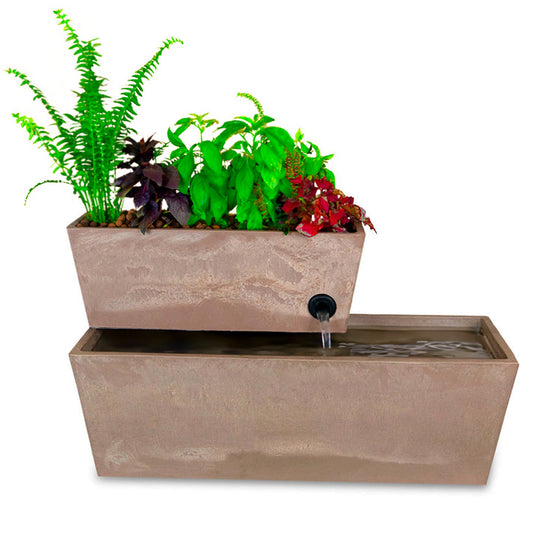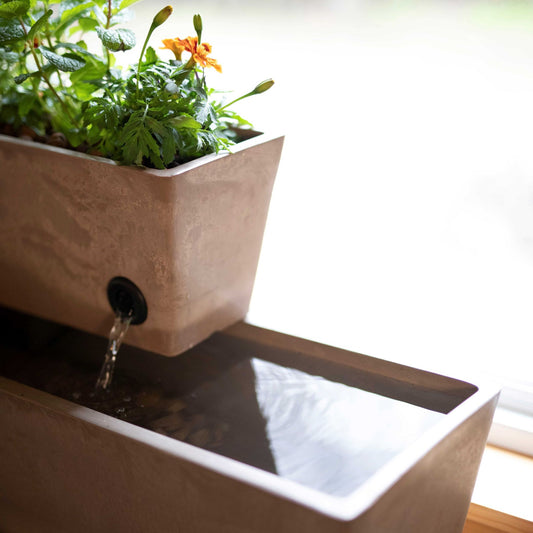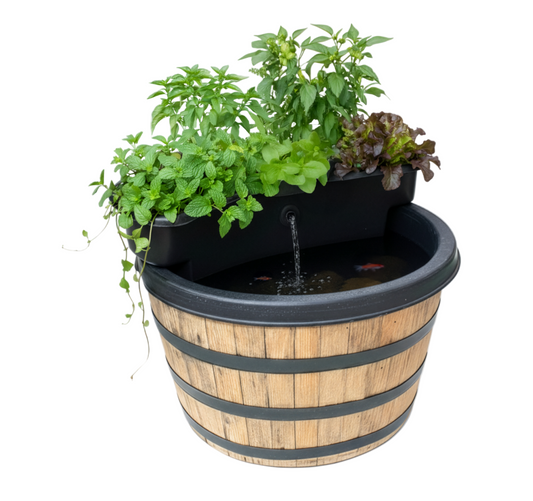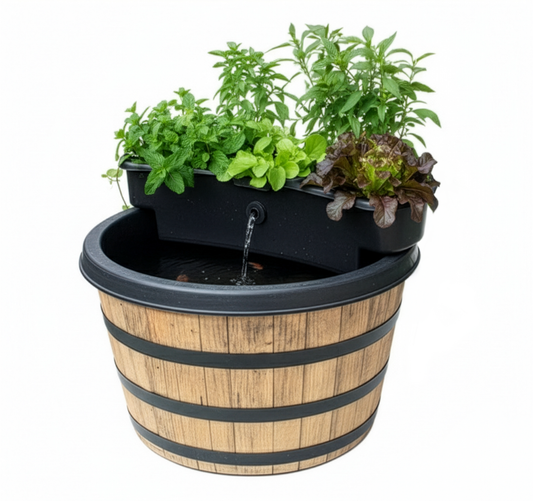Natural Ways to Treat Diseases in Aquariums and Aquaponics Gardens
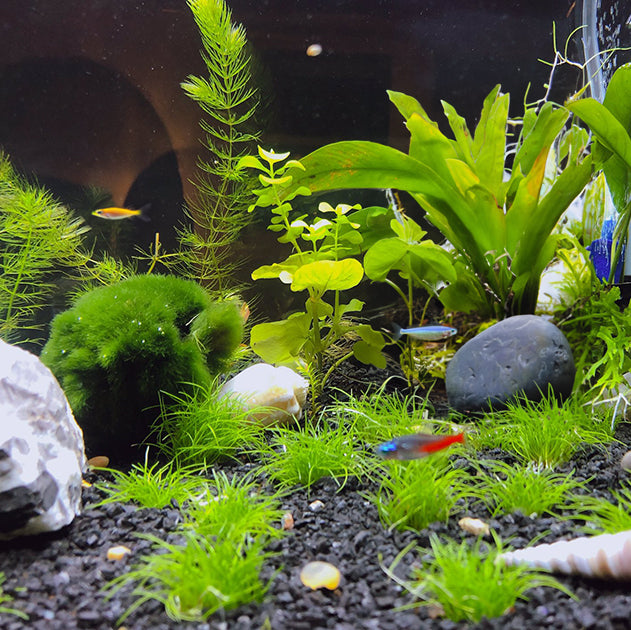
Aquariums and aquaponics gardens can be a great way to enjoy the beauty of fish and plants. However, they can also be susceptible to diseases. If you notice that your fish or plants are not looking healthy, there are a number of natural ways that you can try to treat them. In this blog post, we will discuss some of the most effective natural treatments for diseases in aquariums and aquaponics gardens. We will also provide some tips on how to prevent diseases from occurring in the first place.
Here are some of the most effective natural treatments for diseases in aquariums and aquaponics gardens:
- Increase water temperature. Some diseases are more likely to occur in cooler water, so increasing the temperature can help to kill off the pathogens. However, be sure to check the temperature tolerance of your fish before doing this.
- Add aquarium salt. Aquarium salt can help to kill off parasites and bacteria, and it can also help to improve the overall health of your fish. However, be sure to use the correct amount of salt, as too much can be harmful to your fish.
- Use herbal remedies. There are a number of herbs that have been shown to have anti-parasitic and antibacterial properties. Some examples include garlic, thyme, and oregano. You can add these herbs to your fish tank in the form of essential oils, teas, or tinctures.
- Add probiotics. Probiotics are live bacteria that can help to improve the overall health of your fish's digestive system. This can help to make your fish more resistant to disease. You can add probiotics to your fish tank in the form of live food, such as brine shrimp or daphnia, or you can purchase probiotic supplements specifically designed for fish. One natural treatment for swim bladder disease is to feed your fish cooked peas. The fiber in the peas can help to relieve constipation, which is often a contributing factor to swim bladder disease. To feed your fish cooked peas, simply boil a few peas until they are soft, then mash them up and offer them to your fish. You can also add the mashed peas to your fish's regular food.
- Improve water quality. Poor water quality can be a major contributing factor to disease outbreaks. Make sure to regularly test your water parameters and make adjustments as needed to keep the water clean and healthy.
- Quarantine new fish. When you add new fish to your aquarium, it is important to quarantine them for at least two weeks before adding them to the main tank. This will help to prevent the introduction of any diseases that the new fish may be carrying.
In addition to these natural treatments, there are a number of things that you can do to prevent diseases from occurring in your aquarium or aquaponics garden:
- Start with healthy fish. When you purchase new fish, be sure to choose healthy specimens from a reputable dealer.
- Maintain good water quality. This is the most important factor in preventing diseases. Regularly test your water parameters and make adjustments as needed to keep the water clean and healthy.
- Avoid overstocking your tank. Overstocking can stress your fish and make them more susceptible to disease.
- Provide a clean and comfortable environment. This includes providing your fish with adequate space, hiding places, and a balanced diet.
- Quarantine new plants and livestock. This will help to prevent the introduction of any diseases that the new plants or livestock may be carrying.

